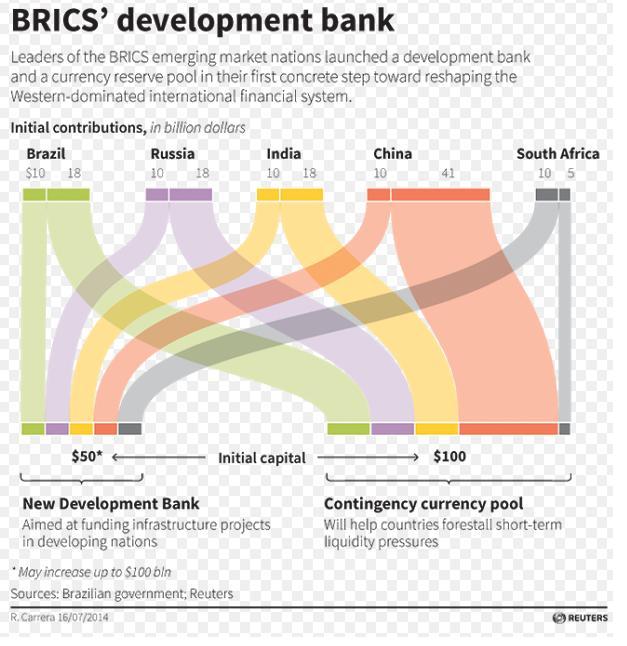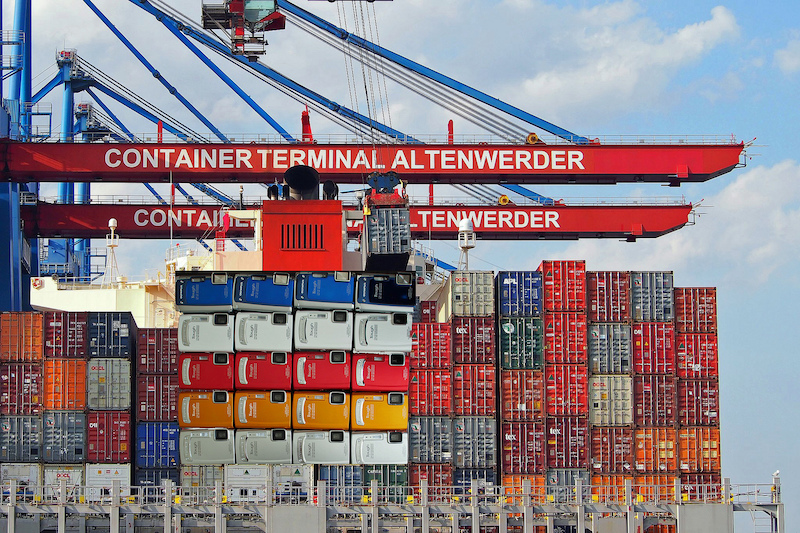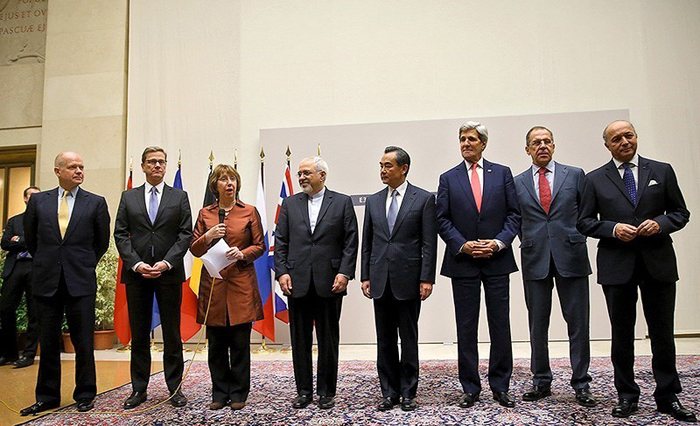G20 Finance Ministers and Central Bank Governors met in Brisbane for two days this week to discuss the world’s economic woes and the best ways to address them. Over that meeting, participants agreed to the upbeat goal of growing the international economy by $2 trillion over the next five years. They did not, however, outline concrete strategies to achieve this.

Positive pronouncements like that issued at Brisbane are well-loved by policymakers. They can give markets a bump and make domestic voters happy. Unfortunately, hollow optimism is not how international markets recover. That requires comprehensive policy-planning. In this sense, the G20 meeting has failed to seize upon the opportunity it represents. This is best reflected in its “wholesale” borrowing from an IMF white-paper in its end-of-summit communique, rather than its adoption of policy positions determined at the meeting.
In-depth discussion and detailed agreements are nearly impossible to come to under the status quo, in which talks last two days, cover a broad range of topics, and come once annually.
This outcome reflects an organizational flaw in G20 meetings, which, if made more frequent and longer in duration, could achieve more concrete outcomes. The IMF has a clear mandate to foster worldwide economic growth. So do the finance ministers of the world’s largest economies. Despite the convergence of interest, it is lethargy on the parts of world-leaders to allow IMF reports to set, rather than inform, G20 policy. To contend otherwise is to deny the G20’s unique strength: it places finance ministers from India, Mexico, China, and elsewhere on equal footing in policy discussion with economic heavyweights like the United States and Germany. The same level of policy discussion is not possible within the IMF, whose quota system prevents emerging nations from offering input commensurate with their importance to the international economy. The IMF itself recognizes this. At Brisbane, it issued a statement saying it “deeply regrets” that reforms agreed-upon in 2010 to increase internal vote-share for emerging economies were blocked by the United States Congress and have yet to be ratified. Brisbane’s vague results beg questions. Why do leaders defer to prewritten white-papers rather than take the opportunity to integrate recommendations into new, more consultative policy, when more consultative policy is the express purpose of the meeting? Why is it so difficult to make economic leaders engage on details when they are in the same room together?

The answer may have to do with the organization of talks, which Maclean’s magazine vociferously attacked in 2010 as, “a useless, money-sucking international photo-op.” Macleans’ characterization is dangerously hyperbolic, as summits in recent years have shown the G20 to be an effective crisis-management committee. Nonetheless, there is a grain of truth to the frustration. In-depth discussion and detailed agreements are nearly impossible to come to under the status quo, in which talks last two days, cover a broad range of topics, and come once annually. These time constraints keep discussion to high-level points. Mid-level details are thus left for hammering out at a later point in time. They should not be. The devil, as the old saying goes, is in the details. For example: American winding down, or “tapering” of its quantitative easing policy was a highly controversial economic issue in the lead up to Brisbane. Many, including the IMF, fear that premature tapering might dramatically affect capital flows to emerging markets. Despite the controversy, no agreements were made with respects to tapering at the meeting. The communiqué issued at the end of the summit asked leaders to return home and draft more detailed national strategies to achieve agreed-upon growth targets. These strategies will be discussed at November’s upcoming G20 leaders’ summit. Given the high-profile nature of the leaders’ summit, as well as vagaries of international politics in the interim, however, it is unclear how thorough a treatment or synthesis those strategies will receive. Meanwhile, a lack of detailed policy agreements at Brisbane means that little meaningfully coordinated action can be taken by domestic finance ministries, which is a shame. The past and present successes of the G20 are laudable. This does not mean there is no room for improvement. Leaders would find it easier to address details and coordinate implementable policy if individual G20 meetings kept limited agendas, lasted longer than two days, and arrived more frequently than once a year. If there is a lesson to be learned from Brisbane, it is that it takes more than two days for twenty finance ministers to agree upon international economic objectives – let alone set coordinated domestic strategies to achieve them.




